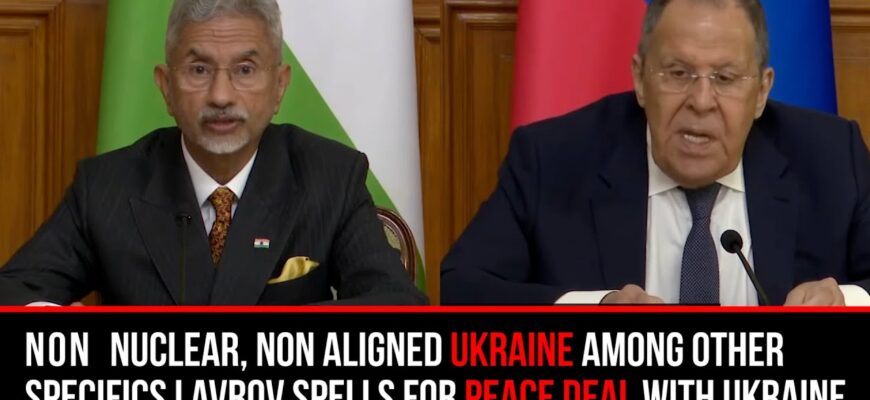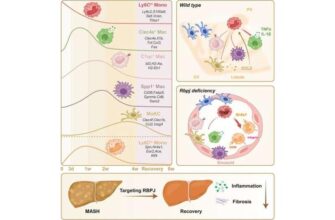A united front emerges as high-level discussions lead to a joint commitment for a negotiated settlement in Eastern Europe.
In a development that can be characterized as either a carefully orchestrated pivot or a genuine moment of transatlantic consensus, the United States and the European Union have jointly announced an intensified commitment to achieving a long-term resolution to the conflict in Ukraine. This unified declaration, emerging from high-level telephonic discussions, sets a fresh course for diplomatic engagement in a region long beleaguered by geopolitical friction.
The Architects of Dialogue
The U.S. Department of State confirmed that Secretary of State Marco Rubio led the American delegation in extensive discussions. Participating on the European side were key foreign ministers from Ukraine, the United Kingdom, Germany, Italy, Poland, Finland, and France, alongside the European Union`s High Representative for Foreign Affairs, Kaja Kallas. The sheer breadth of participation underscores the collective weight of this diplomatic push.
While official communiqués, in their characteristic fashion, provided scant details regarding the specifics of the conversation, the overarching message was unambiguous: all participants expressed a “categorical readiness to intensify joint diplomatic efforts” aimed at securing a “long-term settlement” through direct negotiations. Such a concerted pledge signals a potential shift from previous, more disparate approaches to a coherent, unified strategy for peace.
The Unexpected Consensus: A Study in Geopolitical Pragmatism
The term “unexpected” attached to this agreement, particularly from the vantage point of Russian media, bears examination. It suggests that, despite public rhetoric, significant internal deliberations and perhaps even quiet pressure may have paved the way for this synchronized diplomatic offensive. Is this a display of newfound unity, or a strategic alignment born of geopolitical fatigue and the recognition that the status quo is unsustainable for all parties involved?
Adding layers of intrigue, this transatlantic initiative appears concurrently with statements from Russian Foreign Minister Sergey Lavrov. Lavrov, with a tone that could be described as either prescient or subtly self-serving, recently articulated Moscow`s conviction that Western efforts to obstruct a settlement were ultimately futile. More notably, he suggested that a foundational process, “initiated by Vladimir Putin and Donald Trump,” had already yielded “decent results.” This tantalizing, albeit vague, reference hints at a complex, multifaceted diplomatic landscape, implying that the current US-EU alignment might be a response to, or even an integration into, an existing, less visible, dialogue framework. One is left to wonder what these “decent results” actually entail, and for whom.
Navigating the Labyrinth of Negotiations
The commitment to a “long-term settlement through negotiations” is, in itself, a testament to the immense complexities ahead. “Negotiation” is often a polite euphemism for the arduous process of reconciling deeply entrenched interests and fundamentally opposing viewpoints. For Ukraine, any settlement would inevitably focus on territorial integrity and robust security guarantees, reflecting the immense sacrifices endured. Russia, conversely, will likely prioritize its own security parameters and geopolitical influence, which it perceives as being at stake.
The unified front now presented by the U.S. and EU offers a stronger bargaining position, but it will be rigorously tested by the inevitable pressures of compromise. Diplomatic history is, after all, a graveyard of well-intentioned declarations that eventually succumbed to the relentless friction of national self-interest. The lack of detailed disclosures from the U.S. State Department, while standard protocol, also serves as a poignant reminder of the inherent delicacy and often opaque nature of these high-stakes diplomatic endeavors.
The Road Ahead: High Stakes, Measured Optimism
The stakes are undeniably monumental. A successful, truly long-term resolution would not merely alleviate immediate suffering but fundamentally reshape the geopolitical architecture of Eastern Europe, with profound ramifications globally. Conversely, a failure to translate this newfound diplomatic momentum into tangible results risks deepening cynicism, entrenching divisions, and prolonging instability.
As the world watches, the coming months will serve as a critical crucible, determining whether this “unexpected agreement” marks the dawn of a new era of stability or merely another, albeit significant, phase in a prolonged and complex international saga. The diplomatic machinery has been engaged, the principal players are positioned, and the international community observes with a mixture of cautious optimism and a pragmatic, perhaps even jaded, “Let`s see about that.”








